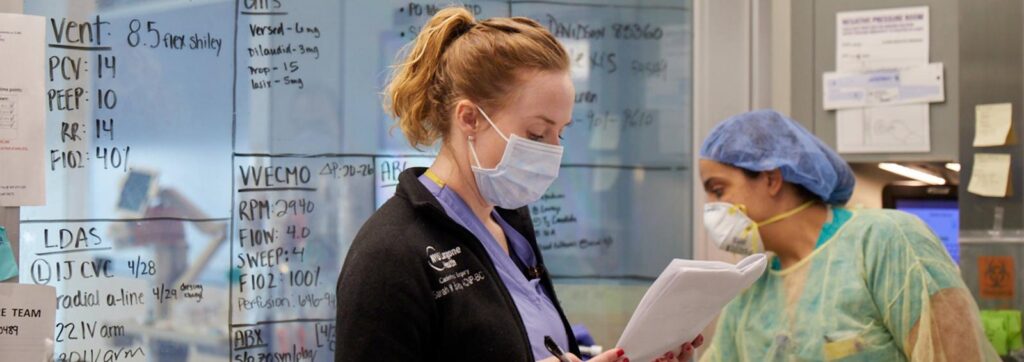In an era where accessibility and efficiency in healthcare are paramount, the emergence of Emergency Care on Wheels represents a revolutionary stride towards meeting the evolving needs of communities. This mobile healthcare initiative transcends the traditional confines of brick-and-mortar medical facilities, bringing critical medical services directly to the doorsteps of those in need. The concept of mobile healthcare units, equipped with state-of-the-art facilities and staffed by skilled medical professionals, is transforming the landscape of emergency care. One of the key advantages of Emergency Care on Wheels is its ability to overcome geographical barriers, reaching remote and underserved areas where conventional healthcare infrastructure is often lacking. These mobile units are equipped with a range of medical equipment, from diagnostic tools to life-saving interventions, enabling swift and effective responses to emergencies. Whether it is a rural village far from a hospital or an urban neighborhood facing a sudden surge in medical incidents, these mobile healthcare units serve as a crucial lifeline.

The mobile healthcare revolution is not just about reaching distant locations; it is also about timely interventions. In emergencies, every second counts, and the mobility of these units ensures rapid deployment to accident sites, disaster-stricken areas, or even individual homes. This agility in response significantly reduces the critical time between the occurrence of a medical event and the initiation of treatment, enhancing the chances of positive outcomes and, in some cases, saving lives that might have been lost due to delayed medical attention. Moreover, Emergency Care on Wheels caters to a spectrum of medical needs beyond emergency situations. Preventive care, health screenings, and routine check-ups are integrated into the services offered by these mobile units, promoting a proactive approach to healthcare. By bringing healthcare services directly to communities, these units play a pivotal role in preventive medicine, addressing health issues before they escalate into emergencies, thereby reducing the burden on the broader healthcare system.
The mobile healthcare revolution also aligns with the global shift towards patient-centric care and Contact us today. It offers a more personalized and accessible healthcare experience, fostering a sense of community well-being. Patients can receive care in familiar surroundings, surrounded by their support networks, which can contribute to faster recovery and improved overall health outcomes. Additionally, the outreach of these mobile units extends to vulnerable populations, such as the elderly or those with limited mobility, ensuring that healthcare is inclusive and reaches those who might otherwise face barriers to accessing medical services. In conclusion, Emergency Care on Wheels represents a paradigm shift in healthcare delivery, marrying technological advancements with a commitment to community well-being. The mobile healthcare revolution is not just a solution to geographical challenges but a holistic approach to healthcare accessibility, emphasizing the importance of timely interventions, preventive care, and patient-centric services. As these mobile units become more ubiquitous, the healthcare landscape is witnessing a transformation that is both progressive and compassionate, embodying the ethos of healthcare for all.
